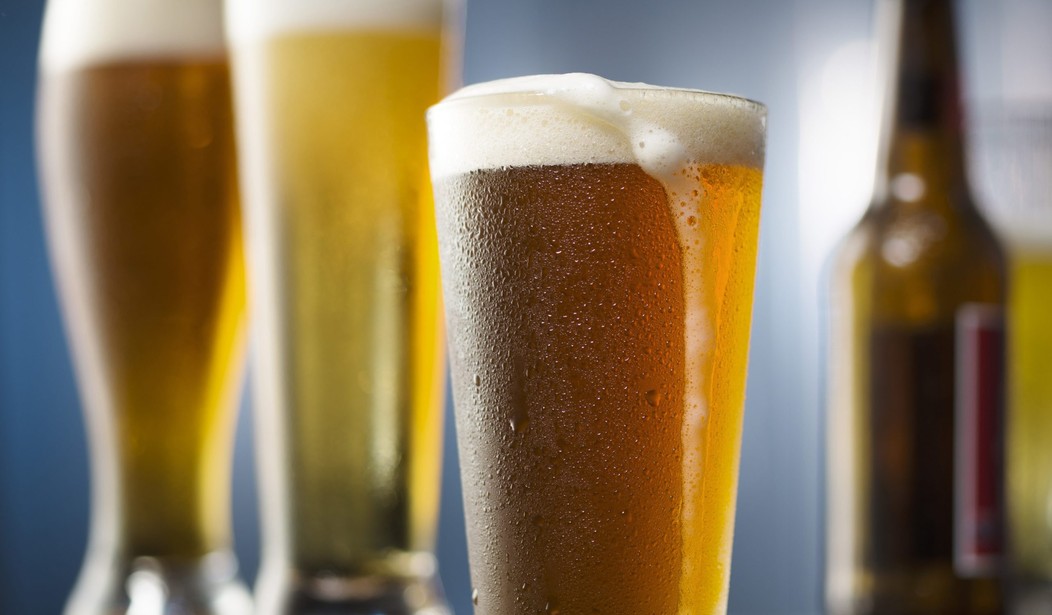The Florida Bar Journal has a follow-up to the study about lawyers, substance abuse and mental health issues. (Thanks, Terry) :
How is it possible that so many lawyers are alcoholics? If 30 percent of the lawyers in my firm were really depressed, why wouldn’t they do something about it? Why are so many of us so unhealthy? As lead author of the 2016 ABA/Hazelden Betty Ford study on the prevalence of substance use and mental health disorders in the legal profession,1 it will likely come as no surprise that I am frequently asked all sorts of questions about what the study findings really mean, and what the implications might be for lawyers, law firms, and the public we serve. In this article, I’ll attempt to answer some of those questions, as well as offer some insights into the nature and impact of the unhealthy lifestyles that many lawyers begin to adopt as early as law school.
First, let’s start with the numbers. Drawn from 19 states and all geographic regions in the country, survey responses from approximately 13,000 lawyers were included in our final data sample. Among our most significant findings were that a large percentage of currently practicing attorneys qualify as problem drinkers (between 21 and 36 percent),2 and unacceptably high numbers are also struggling with depression, anxiety, and stress (28, 19, and 23 percent respectively). Younger lawyers are the most troubled and at-risk group, though no age bracket or experience level within the profession could even remotely be held out as an exemplar of good health.
Furthermore, we also uncovered the reasons why lawyers don’t seek help for their mental health or substance use problems. Those reasons relate most often to fears about their reputation and others finding out they have a problem. The bottom line? All around and often hiding in plain sight, many lawyers are struggling, but too afraid to do anything about it. Many more, while perhaps not struggling with a diagnosable substance use or mental-health problem yet, are engaged in unhealthy behaviors that put them at risk for future problems and, at a minimum, greatly diminished well-being.
It seems that the rates of alcoholism affect both male and female lawyers. I found this study on the rates in women:
According to a recent study in the Journal of Addiction Medicine, significantly more female than male attorneys are problem drinkers. Statistically, the rate is 39.5 percent for women and 33.7 percent for men.
The new study draws back the curtain on a problem that has plagued the legal profession for years. And it is not getting any better.
Five years ago, surveys showed about 13 percent of lawyers are alcoholics. Last year, the number was up to 21 percent. The earlier reports suggested more men than women were problem drinkers, but the latest report has changed that conclusion.
I wonder if women get more help if they do have problems. As noted in the article above:
After her drunk-driving arrest, Savage got counseling to deal with her problem. She lost her license to drive and to practice law for a while, but she survived.
Maybe women are not as stigmatized if they get help and men are?









Join the conversation as a VIP Member